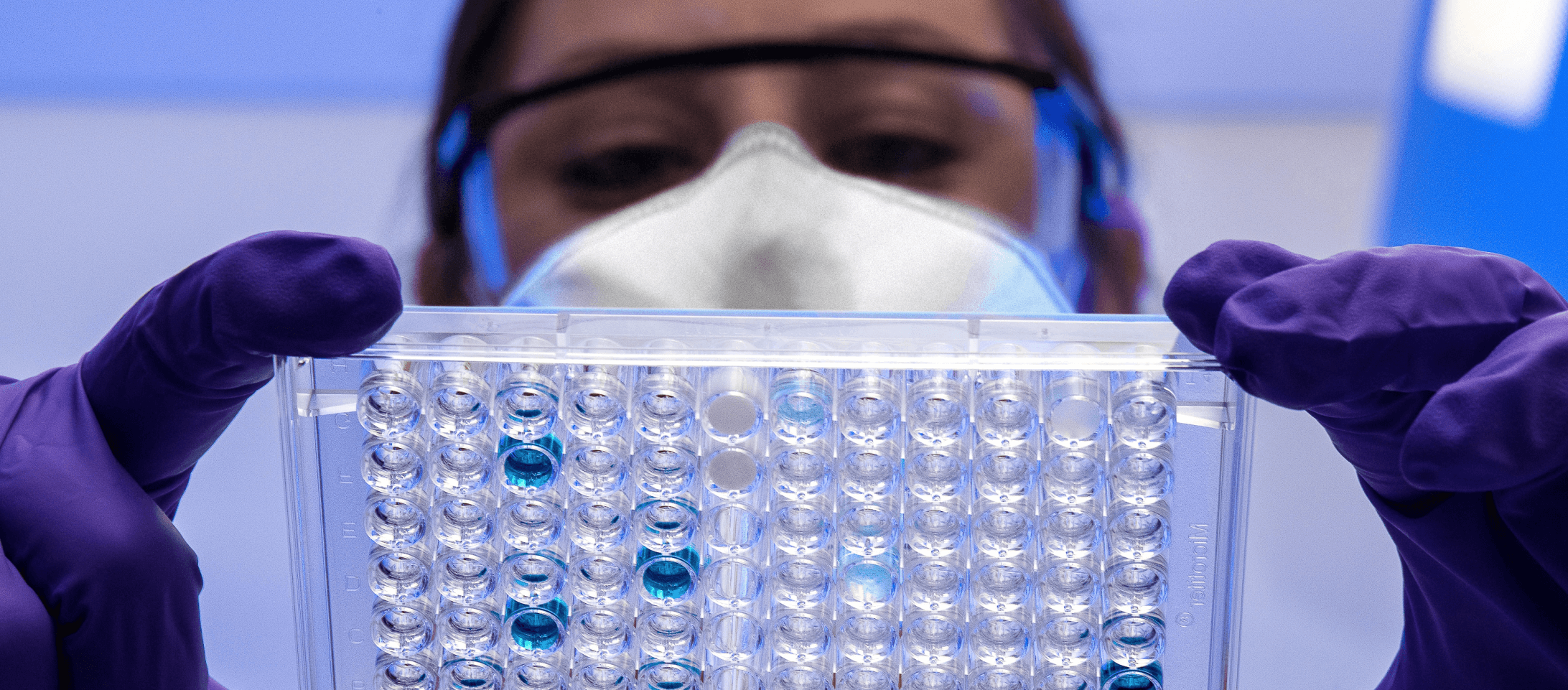
Advancing the Development of a Vaccine to Protect Against Norovirus Infection
HilleVax is a private, biopharmaceutical company launched by Takeda and Frazier focused on the development and commercialization of novel vaccine candidates. Its initial program, HIL-214, is a virus-like particle (VLP) based vaccine candidate in development for the prevention of moderate-to-severe acute gastroenteritis caused by norovirus infection.

- Frazier Healthcare Partners
- Abingworth
- Samsara BioCapital
- RA Capital
- Lightspeed Venture Partners
- Deerfield
- Perceptive Lifescienses
- Franklin Templeton
- Biotechnology Value Fund
- Greenspring
- Qiming
- Richard King Mellon
- Sahsen Ventures

Three Questions Answered

Norovirus is a common cause of gastroenteritis, an intestinal infection marked by diarrhea, vomiting, abdominal cramps, nausea and fever that may lead to dehydration. Norovirus is recognized as the leading cause of acute gastroenteritis across the age spectrum. It is estimated that norovirus causes nearly 700 million cases of illness and more than 200,000 deaths worldwide per year with significant additional economic and social burden. No vaccines are currently approved for norovirus infection, and this vaccine candidate is the most advanced norovirus vaccine candidate in human clinical trials. We believe that this vaccine candidate represents an important opportunity to address this immense unmet need.
Takeda and Frazier have a history of successfully partnering together, including forming Phathom Pharmaceuticals. We are confident in HilleVax’s capabilities to progress HIL-214, the most advanced norovirus vaccine candidate in development with the potential to address the huge global burden of norovirus-associated acute gastroenteritis. Takeda is committed to vaccines, and this collaboration allows us to focus our efforts and global resources on other important vaccine development programs for dengue, COVID-19, pandemic influenza and Zika, in addition to the vaccines we currently distribute in Japan.
Based on our successful experiences with Phathom and HilleVax, we will continue to consider collaborations with venture capital firms which have a broad network in the life sciences industry as well as in the sector of venture capital, including those in Japan.
